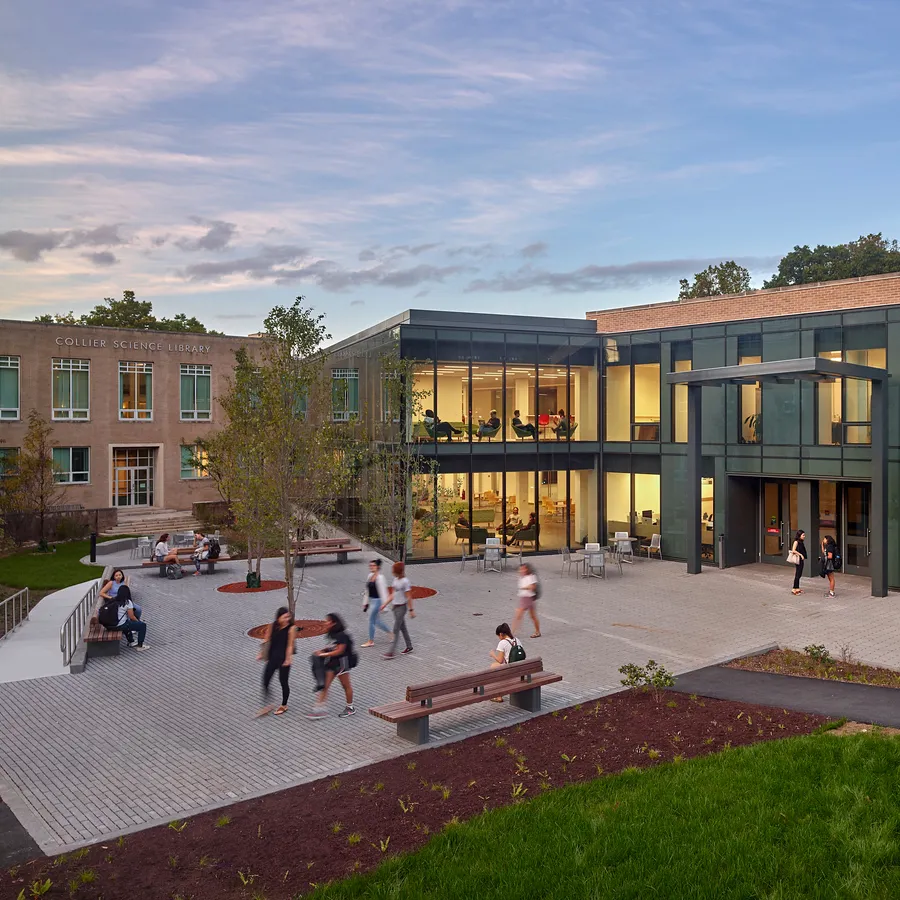Computer Science Research Projects 2022
Jie Ji
Advisor: Chris Murphy
Understanding the Experiences of CS Students with Mental Health Conditions
A considerable amount of research has been done on providing accommodation for students with physical disabilities, but other hinderances in accessibility such as mental illness are prone to be overlooked. In reviewing the practices adopted in universities concerning accessibility, we realize few of them could be applied to mental health due to the stigmatization and subjective invisibility of this topic. Thus arises the necessity of conducting a research dedicated to the experiences of this often neglected group. The purpose of this research is to better support students in competitive fields such as Computer Science who are living with mental health conditions, by providing a safe space for them to voice their reflections. Considering the responsibility of instructors, this project focuses on practical measures to accommodate for students with mental health conditions, instead of a psychological research on their mental state. We will collect information from undergraduate students who are majoring in CS or a related field in different types of institutes, identify as living with a mental health condition, and volunteer to participate in our study. The survey will ask participants to identify and describe the resources they found useful, and also difficulties they encountered in studying CS, with a focus on office hours, TA sessions and relationships with people in the CS field. The expected outcome of the project is a paper to be submitted to a CS Education conference that would provide a qualitative analysis of our findings describing the experiences of CS students living with health conditions, and best practices that CS instructors can use to support those students.
Isabelle Sanford
Advisor: Geoffrey Towell
Accessible Web-Based Data Visualization
The world of web development has seen an increasing focus over time on accessibility. This includes but is not limited to support for vision issues, lack of fine motor control, dyslexia and other cognitive difficulties, and poor device quality. The Web Accessibility Initiative has compiled a set of standards, the Web Content Accessibility Guidelines (WCAG), which lay out exactly what features are necessary to make a website accessible. This push for accessibility has been slow to reach the world of data visualization. We will evaluate several popular data visualization packages with a rubric based on WCAG 2.1, including both whether a feature is possible and whether it is easy and well-documented. This project aims to create a Javascript library which permits and encourages developers to create fully WCAG-compliant bar charts.
Neha Thumu
Advisor: Aline Normoyle
Understanding how character control and level design affect the player experience in video games
Game Design itself is a field without a clear set of rules that defines success. There is a multitude of factors that can determine whether a player finds a game enjoyable or not. However, for designers, the most crucial element is to focus on the subjective experience rather than objective reality according to Jesse Schell in The Art of Game Design A Book of Lenses.
The research over the summer will focus on studying the elements of game design. Specifically, we will focus on level design, puzzle design, and issues of control (specifically, the interaction between the game and the player).
The level and puzzle design aspects of the research will be explored through a Monument Valley-inspired game and a statistics game known as Treatment X.
Monument Valley is a stylistic puzzle game focused on navigating a player through a level by manipulating various mechanics. In our version of the game, we are running experiments to determine which puzzle mechanics most appeal to players.
Treatment X tackles how to design a game as a means of teaching a concept, specifically statistics. This leads to a critical problem to solve: how much agency can be given to a player without diminishing the learning aspect of the game.
As a mobile augmented reality game, Q*bird faces the challenge of having a phone act as both a controller, for moving the character, and a monitor, to see the character along with the environment they are in. We plan on implementing various control schemes to find the most optimal in terms of player enjoyment and agency.

Contact Us
Summer Science Research
Olga Karagiaridi
Summer Science Research Program Director
okaragiari@brynmawr.edu
610-526-5101